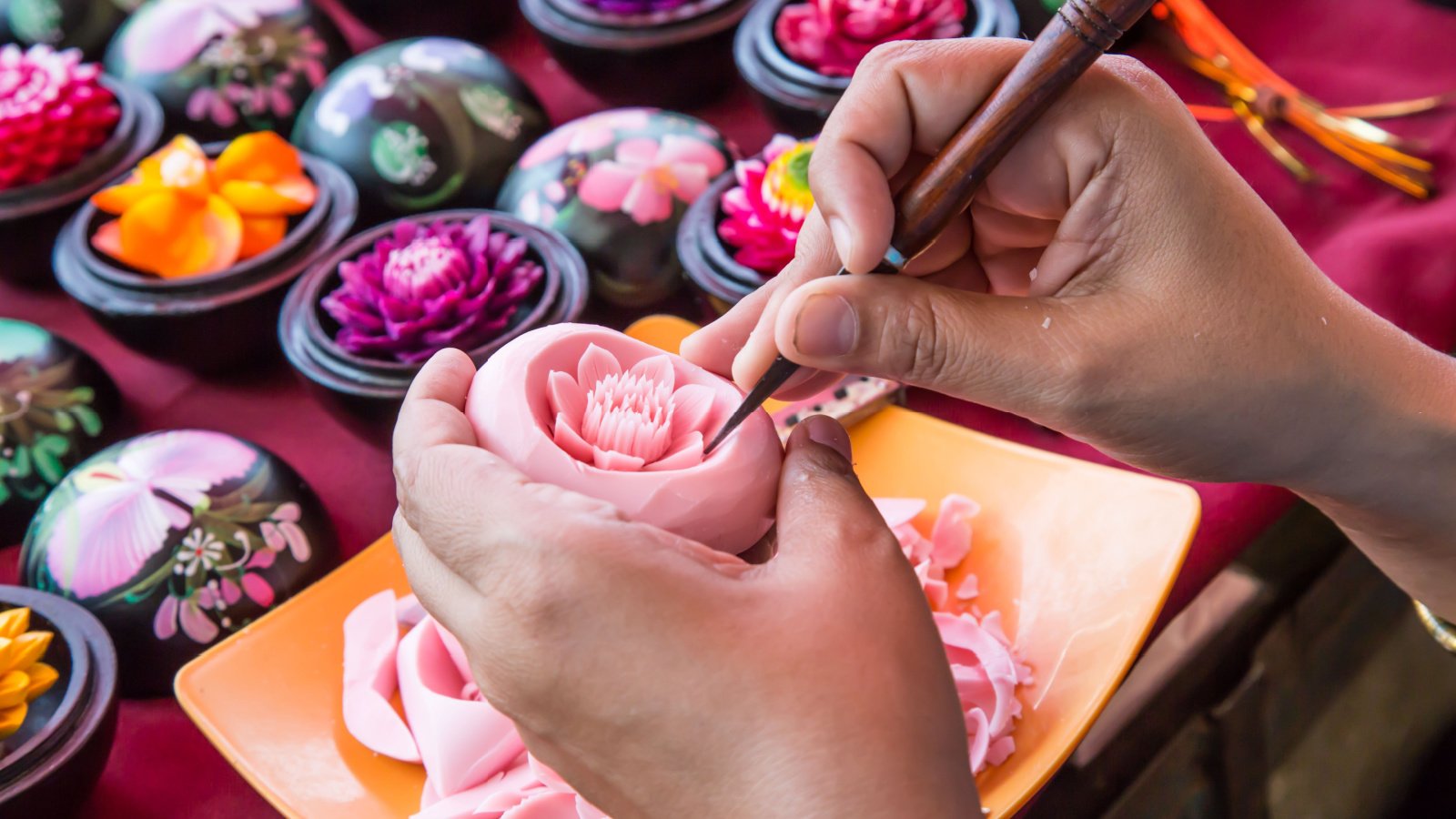By the time you reach 60, society typically expects you to slow down and let go of certain activities. However, staying active is vital to maintaining physical health, mental sharpness, and overall happiness. Let’s explore the behaviors you should focus on after turning 60.
Traveling

Travel isn’t just for the young adventurers; exploring new places can be equally enriching after 60. Traveling introduces new cultures, foods, and experiences that enhance your perspective and keep life exciting. Plus, many travel companies offer discounts specifically for seniors.
Pursuing Hobbies

Continuing with hobbies after 60 can provide immense satisfaction and purpose. Whether it’s gardening, knitting, or bird watching, hobbies are a great way to stay engaged and connected with others. They also offer stress relief and a sense of accomplishment.
Socializing

Maintaining a robust social life is crucial for emotional well-being, yet many assume seniors should slow down socially. Regular interactions with friends and family help prevent feelings of loneliness and depression. Social activities also keep the mind active and improve quality of life.
Volunteering

Volunteering after 60 is a meaningful way to give back to the community and stay active. Many organizations value the experience and skills that seniors bring. Volunteering also provides social interaction and a sense of purpose, which are beneficial for mental health.
Driving

Driving represents independence, and if you’re still safe behind the wheel, there’s no need to give it up. Regularly reviewing your driving skills and staying current with vision and health checks ensures safety. Staying mobile is important for maintaining freedom and accessing social activities.
Staying Physically Active

Many believe that intense exercise is only for the young but staying physically active after 60 is beneficial for your health. Regular exercise helps prevent chronic diseases, improves balance, and boosts mental health.
Learning New Skills

Society often implies that learning is for the young, but acquiring new skills at any age keeps the mind sharp. Whether it’s picking up a new language, learning to play an instrument, or taking up painting, these activities stimulate brain function. Lifelong learning promotes cognitive health and adds joy to daily life.
Embracing Technology

Some believe technology is too complex for older adults but embracing it can greatly enhance daily life. Learning to use smartphones, social media, and other tech tools can help you stay connected with loved ones and access information.
Dating and Romance

Love and companionship are ageless, and it’s never too late to seek romance. Many seniors find happiness in new relationships, whether through dating apps or social activities. Building new romantic connections can bring joy and fulfillment at any age.
Working

If you enjoy your job or want to stay productive, there’s no reason to stop working at 60. Many find satisfaction in part-time work or consulting, which provides both income and purpose. Continuing to work can also keep the mind sharp and build social connections.
Investing in Personal Style

Expressing your personal style can be empowering at any age. Dressing well boosts confidence and reflects your personality. Whether it’s trying new trends or sticking to classics, enjoy fashion and make it your own.
Practicing Self-Care

Self-care is vital for everyone, regardless of age. Activities like getting massages, enjoying spa days, and maintaining a skincare routine can improve both physical and mental well-being. Prioritizing self-care ensures you stay healthy and feel good about yourself.
Challenging Yourself Mentally

Engaging in mentally stimulating activities like puzzles, reading, and games is important for cognitive health. These activities help keep your brain active and can reduce the risk of cognitive decline. Mental challenges are fun and rewarding, providing a sense of achievement.
Maintaining Independence

Striving for independence in daily activities fosters self-esteem and autonomy. Simple tasks like cooking, cleaning, and managing finances can help you feel capable and self-reliant. Independence contributes significantly to a sense of dignity and personal satisfaction.
Exploring New Passions

It’s never too late to discover new interests and passions. Trying something new can reignite excitement and creativity in life. Exploring new hobbies can lead to personal growth and new social connections.
Advocating for Yourself

Assertiveness is crucial, especially in healthcare settings. Always advocate for your needs and preferences with doctors, caregivers, and family. Clear communication ensures you receive the care and respect you deserve.
Enjoying Life’s Pleasures

Indulging in favorite foods, enjoying a glass of wine, or watching a beloved show shouldn’t stop at 60. These pleasures add joy and comfort to life. Moderation is key, but never feel guilty for enjoying the things you love.
Staying Curious

Curiosity keeps the mind young. Asking questions, seeking out new information, and exploring the world around you are enriching activities. A curious mindset leads to lifelong learning and growth.
Engaging in Creative Arts

Participating in creative activities like painting, writing, or crafting can be therapeutic. These pursuits provide a way to express yourself and can be incredibly fulfilling. Creative arts can also connect you with like-minded individuals and communities.
Celebrating Milestones

Life’s milestones, big or small, deserve to be celebrated. Whether it’s a birthday, an anniversary, or achieving a personal goal, these celebrations create cherished memories. Acknowledging achievements boosts morale and adds meaning to life.
Living with Purpose

Having a sense of purpose is crucial for mental and emotional health. This purpose can come from hobbies, work, volunteering, or personal goals. A purposeful life is a fulfilling life, bringing satisfaction and direction every day.








